Mikel Side-Anene, Junior at The Woodlands High School, and is an avid participant in choir and theater. Mikel is in the works of writing a musical- he tells us more about his process and the meaning behind his work-
Q: So tell me a little bit about your musical.
A: My musical is about a young Baritone [a male singer] in high school who goes through the whole theater and audition process and how he finds that his voice isn’t the reason why he’s not getting all the roles he wants. There’s a common stigma that Tenors get all the roles and Baritones don’t, and he [the actor] has this internalized, “Oh I hate my voice I wish I was a Tenor.” But he realizes over time through the plot of the story that he doesn’t need his voice to be really great. He learns all those things through a bunch of trial and error.
Q: I know that you’ve been in choir for around 5-6 years, how has that really impacted your musical?
A: So originally the musical [setting] was going to take place in choir , but I thought it would be more representative in theater, because in choir it [the voice parts] don’t really matter as much. It still matters to some extent, because I remember [in my own experiences] a lot of the time tenors would get the solos, tenors would get the melody- basses were always just “do, do, re, do” the same notes all over again. And it just made me think that [what the] basses were [assigned were] kind of unfair, but they really aren’t; they get really cool parts sometimes-not all of the time- sometimes they get really hard parts, which are super fun to sing. I’ve just been able to be more comfortable in my own voice.
Q: Was there a changing moment for you that made you realize your voice part isn’t always on the backburner (per se)?
A: I think it was a specific song I did in 8th grade, which is called “Drill Ye Tarriers” where the Basses actually took a leading melodic role in the song and it was really fun. It was a song about people going to work on an oil drill. It really just changed my perspective on things, like “oh yeah we can do fun stuff too.”
Q: So tell me a little bit about your main characters
A: In my musical there are 3 main characters that I think are really important. Tyson, the main main character, is a Baritone, and he’s kind of anxious all of the time. He comes into the story right after failing his Physics test and he forgot that there were auditions that day, so he’s already very not ready for what’s about to happen to him.
That’s evident when Oliver comes into the room and is prepared and ready to go. A big part of the opening song is he thinks Oliver’s not there so he believes he has a shot for once, but then Oliver comes in and it’s a funny “Oh, nope, I’m actually here.”
Oliver, he’s the rival, he’s the Tenor. In the story they were childhood friends, they actually did a lot of musicals together when they were kids but Oliver’s voice didn’t change, he stayed a Tenor and Tyson’s voice dropped, which is why he thinks he got worse.
Then we have Emily. Emily is a high school friend Tyson met in high school. She sees what he doesn’t see in himself. She’s not the mentor, per se, but she’s the person that makes him want to audition in the opening song in the first place.
And then you have Brad, the friend that’s just there to give it to you straight. Later in the story he tells Tyson, “Yo dude, you’re off the rails, you need to get your stuff together.” And that’s the huge climax of the story. Even though he’s not the big main character, he’s still an important supporting character to the story.
Q: Why did you write this Musical?
A: I think it’s to spread the message about being confident in yourself and your own voice. I feel like a lot of people (and myself) are so obsessed with being something they are not. Like, “I need to get my voice higher, I need to extend my vocal reach” and even though I did do that, I have a really strong Falsetto now. It’s still not on par with a Tenors chest voice and that’s okay. I had to accept that that was okay. I think a lot of people need to hear this message and know it’s not the end of the world, there will still be roles out there.
Tyson is made specifically for baritones, that’s another role that baritones can have. I think it’s very important that baritones and tenors have the same amount of love to realize that they have strengths and abilities in different places. Baritones can sing really low and very strong, and tenors are up there and can sing very high and it’s very beautiful. It’s really just that they have different strengths and positives.
Q: Is this something you hope to publish or an outlet that you hope to pursue in the future?
A: It’s more of a passion project right now. I don’t know if I have the time nor resources to pursue it, but I do want to go out and win this competition for my school.
Q: What is this competition?
A: This competition is called Musical Works at TTSF, [Texas Thespians State Festival]. It’s only in Texas, where you write an opening song for a musical, and judges pick the best one they like. Hopefully, you know, we can be the best one they like.
Q: Do you have any last bits of advice that you wrote this musical for that could be struggling with lots of self doubt about the singing world or any area in life?
A: Just don’t doubt yourself. People would tell me when I was a kid that I was a good singer, and I didn’t believe them whatsoever. Don’t doubt your singing ability, you are in the room where it happens for a reason, so just keep doing what you’re doing. For those who aren’t singing and just acting, the same goes for you, just do what you’re doing and do it well and work hard hard and you’ll get what you want in the end.


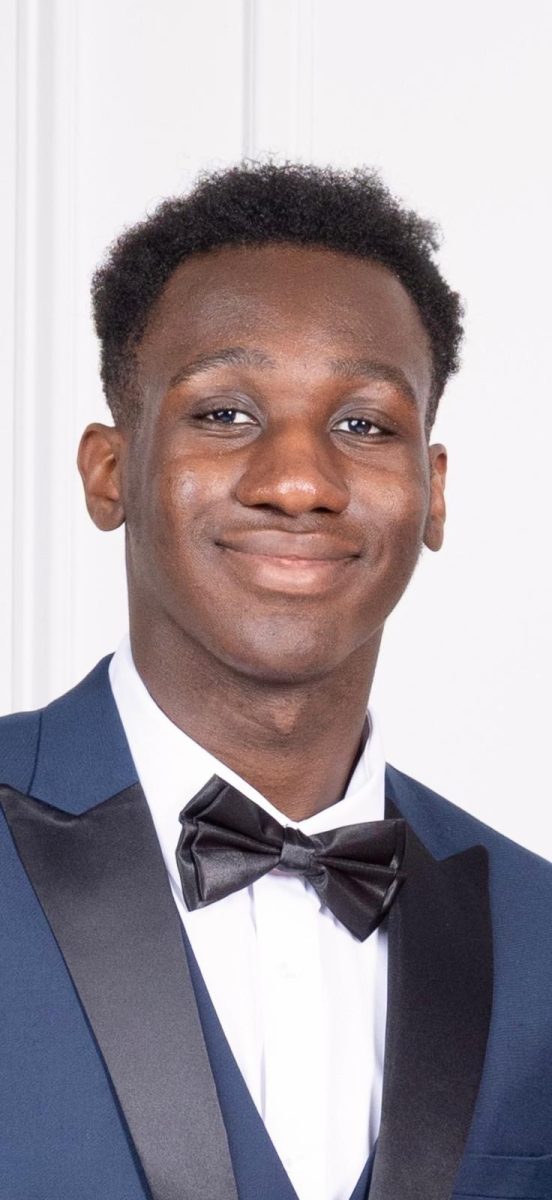
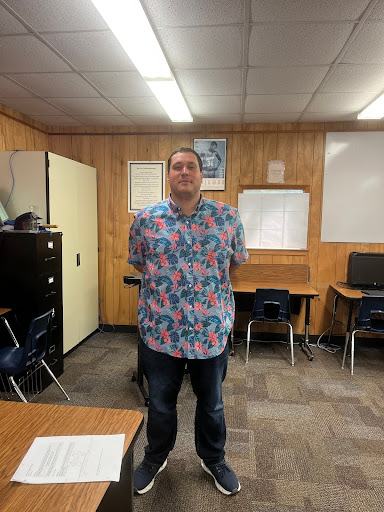
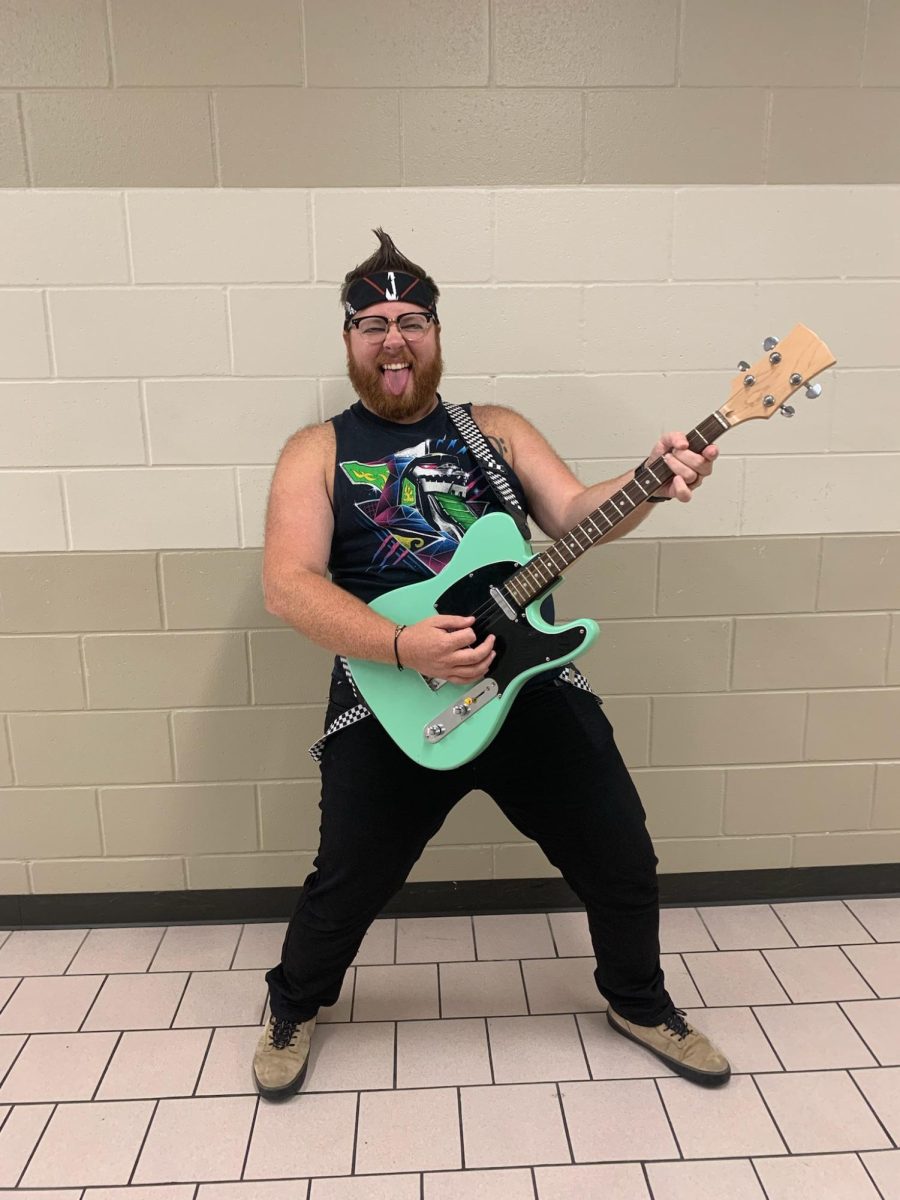
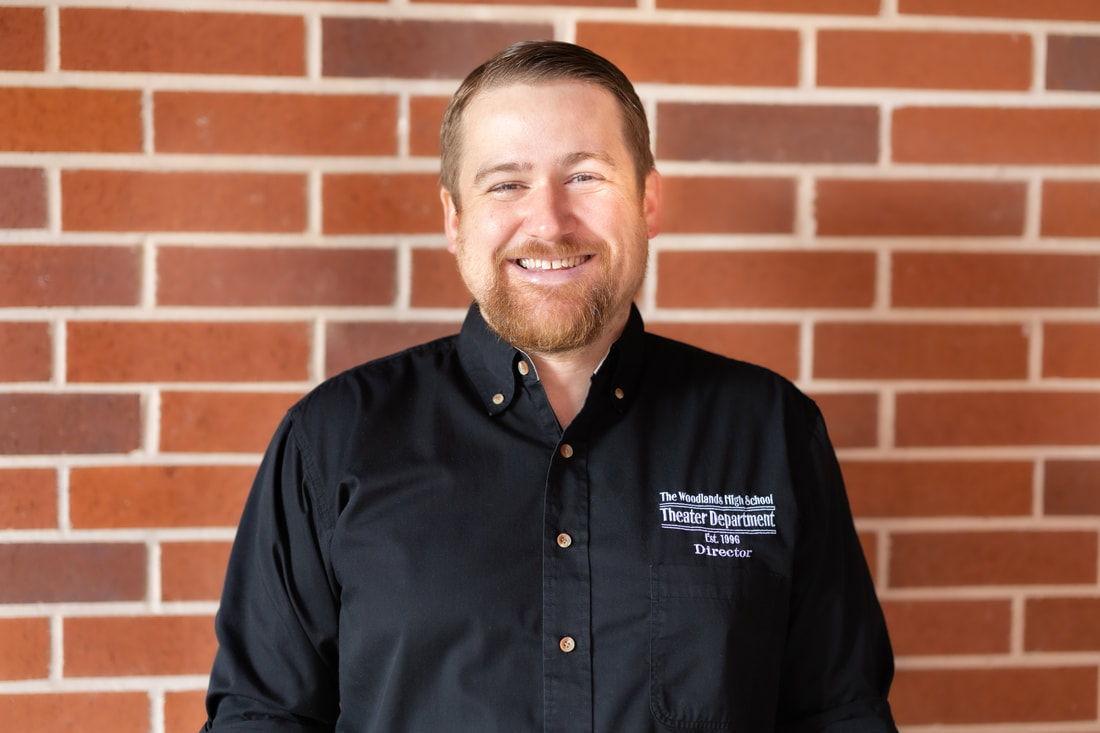
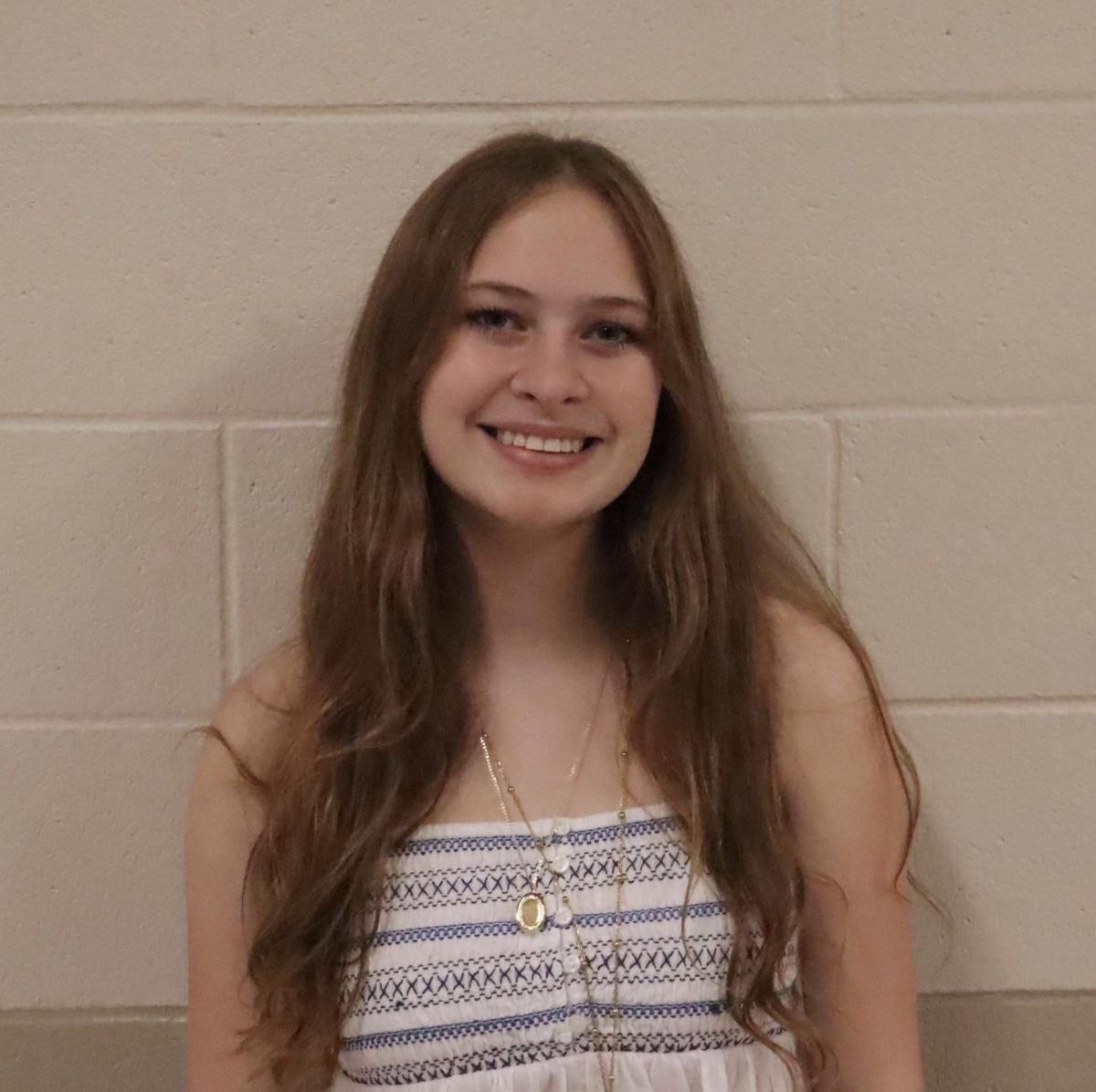
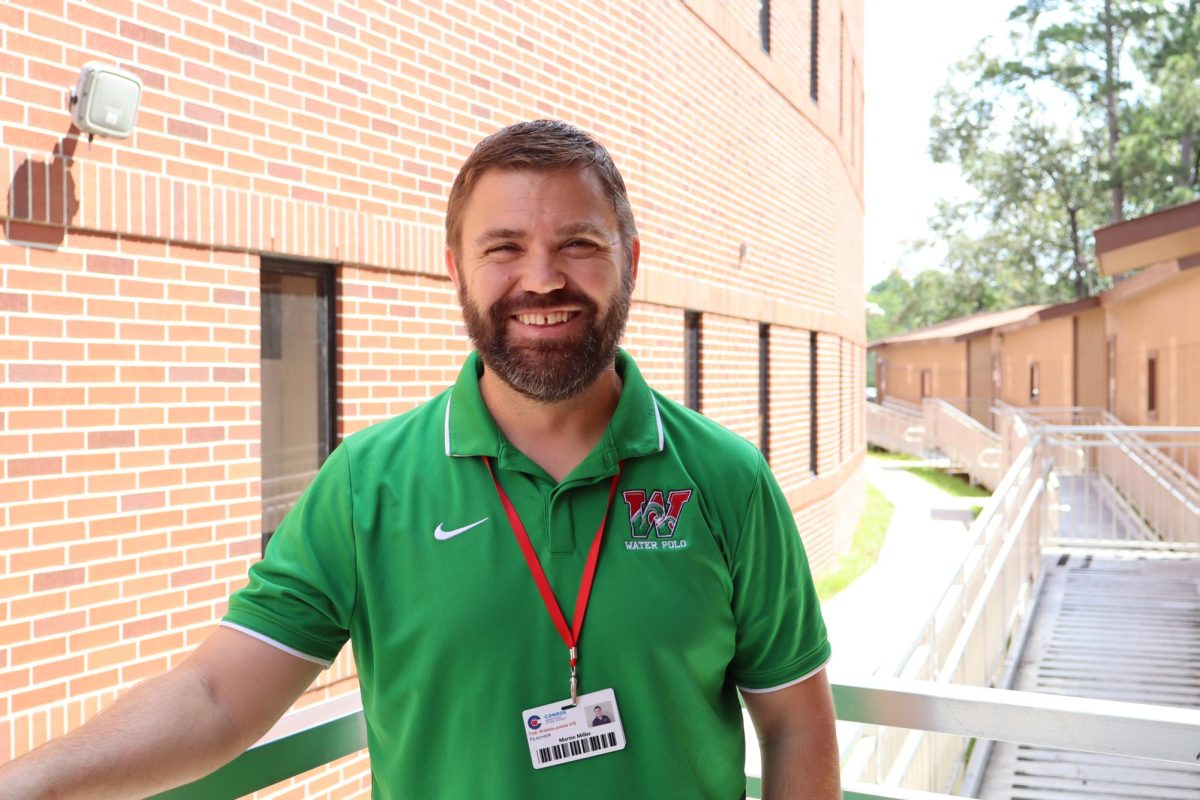
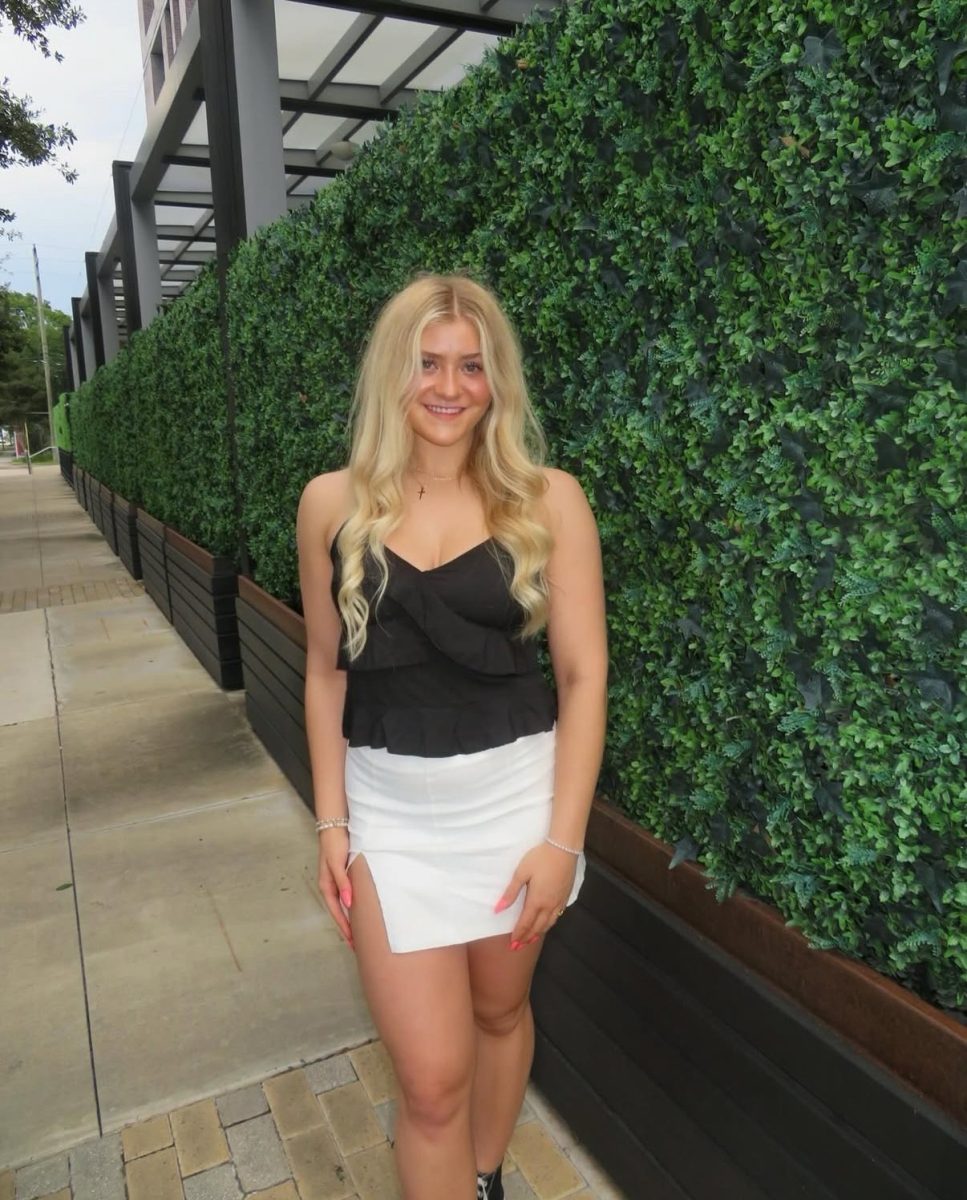
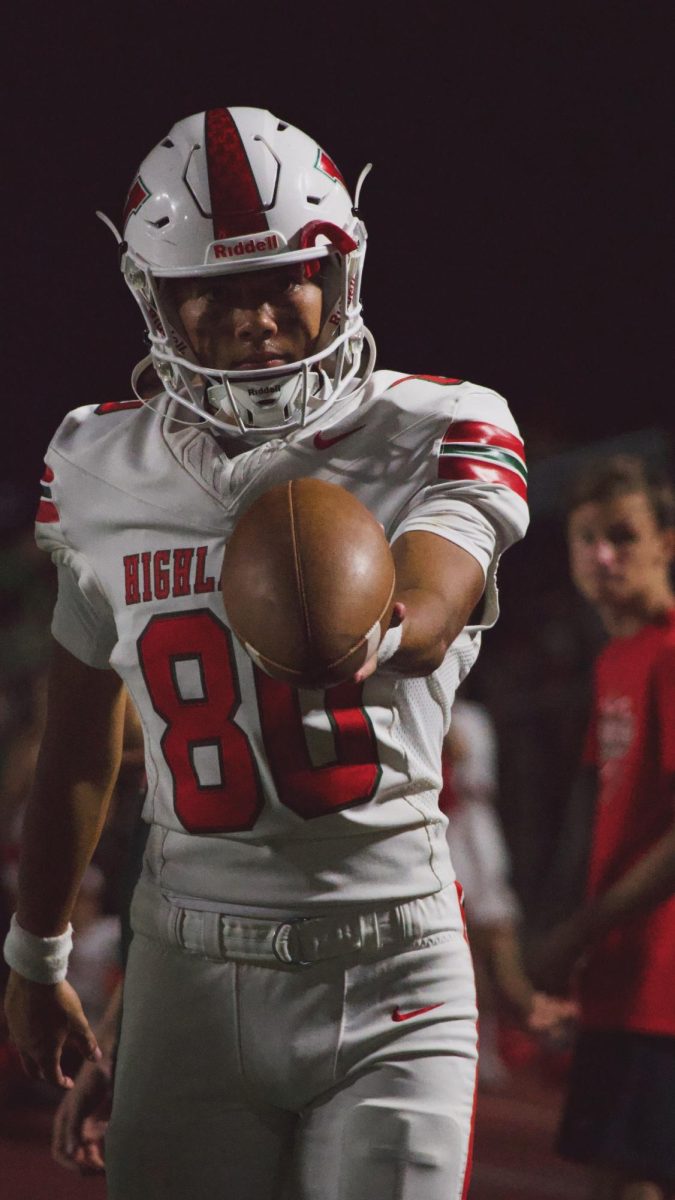
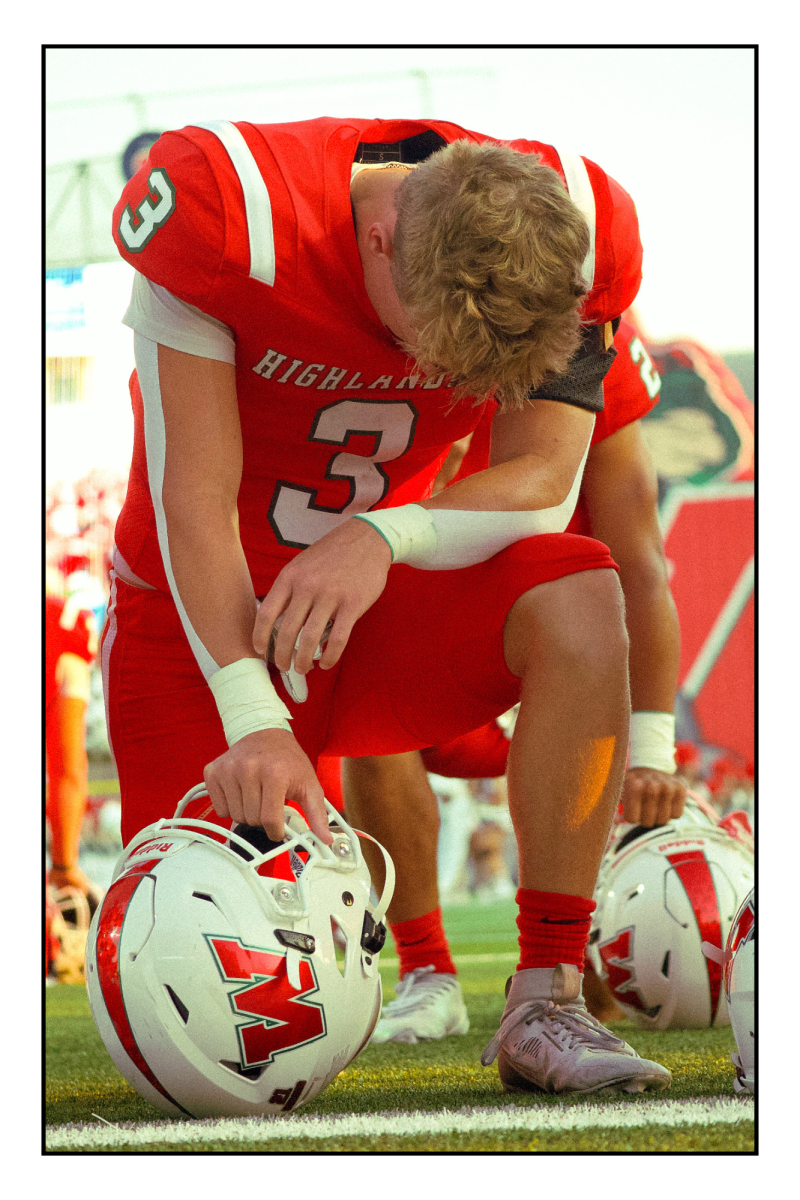
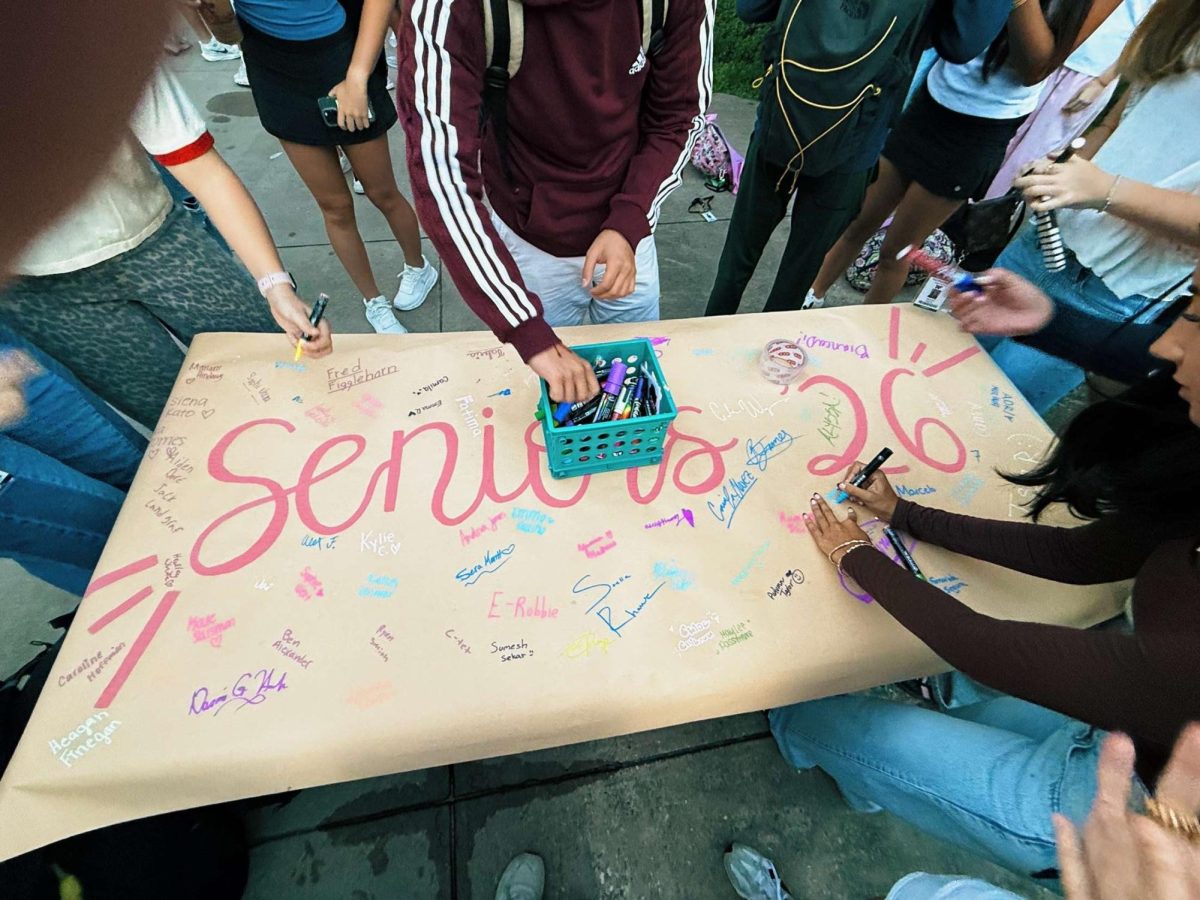
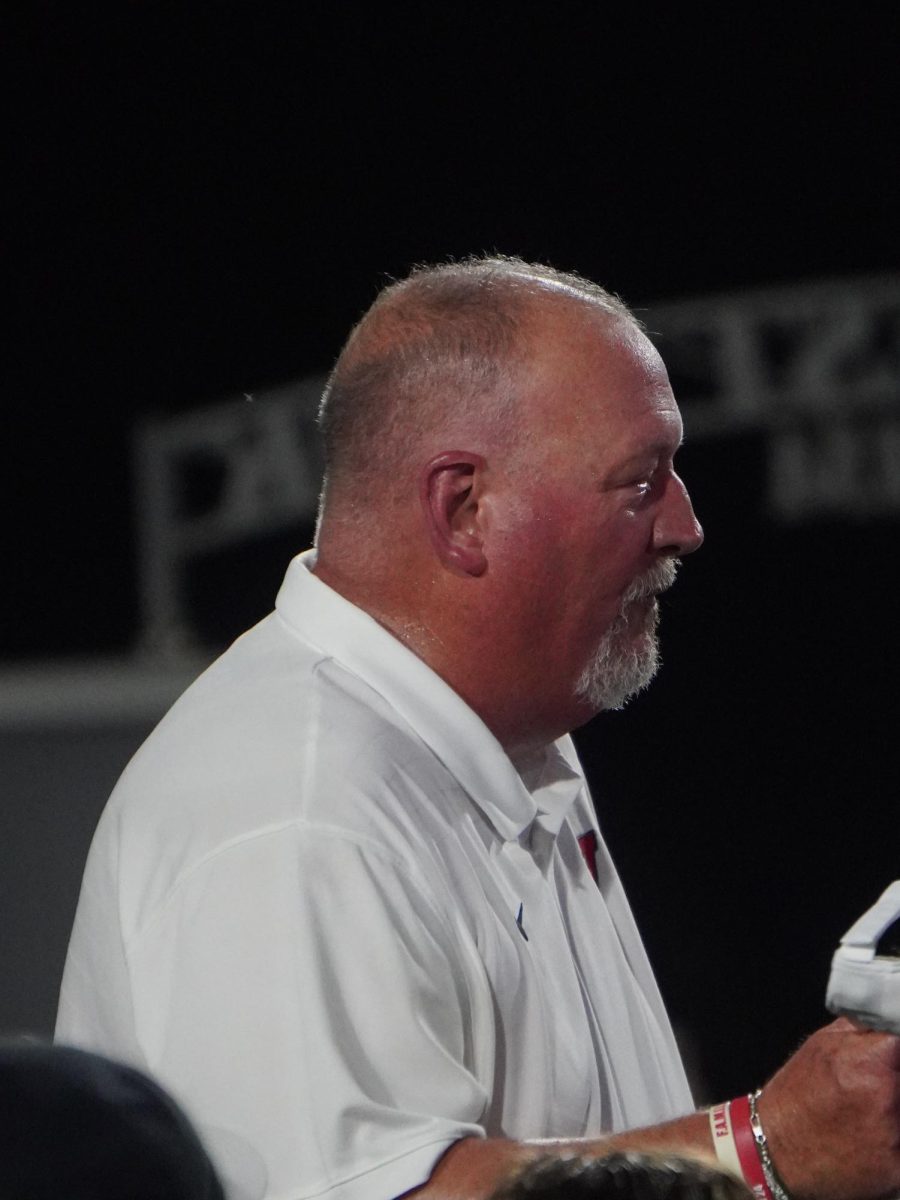
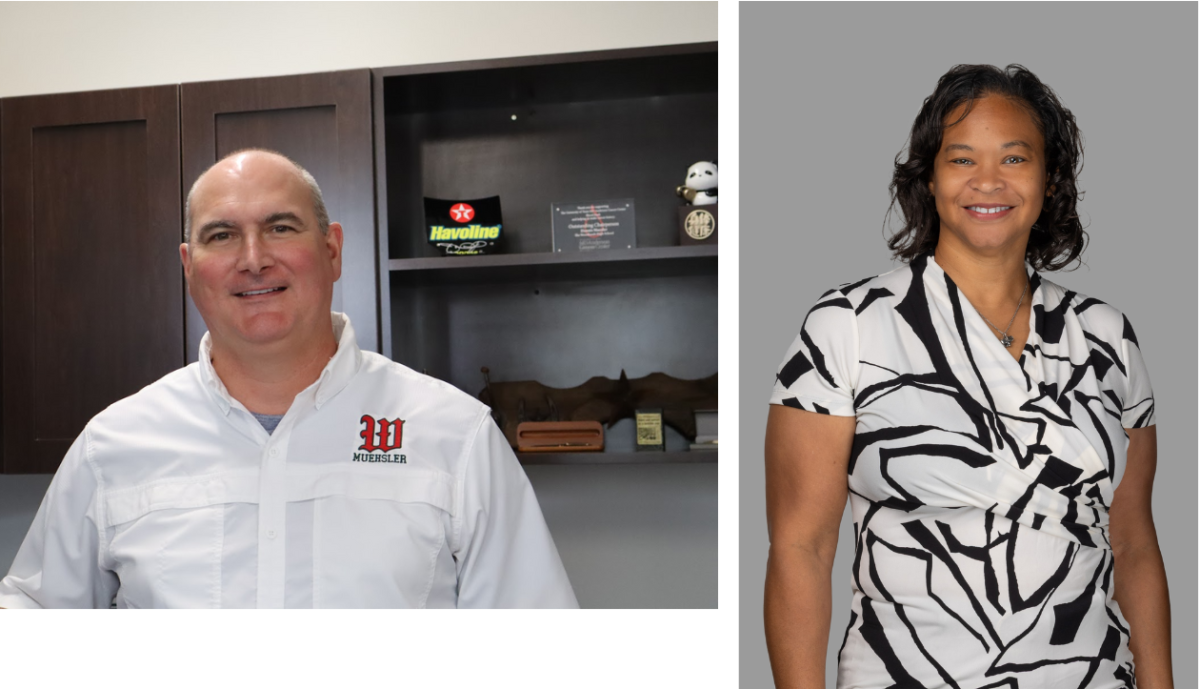
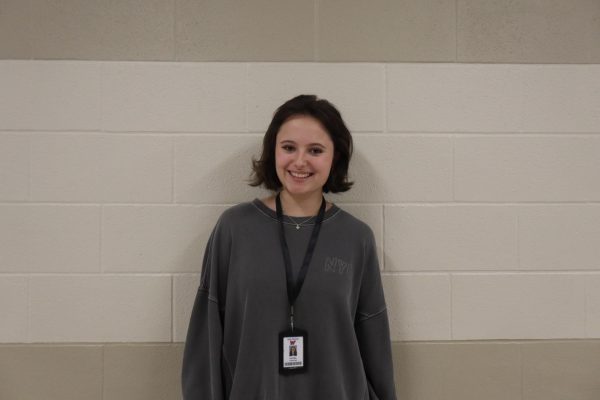
Erin Rickman • Oct 24, 2025 at 3:49 pm
This is amazing! I’m so proud of you!
-Mrs. Rickman